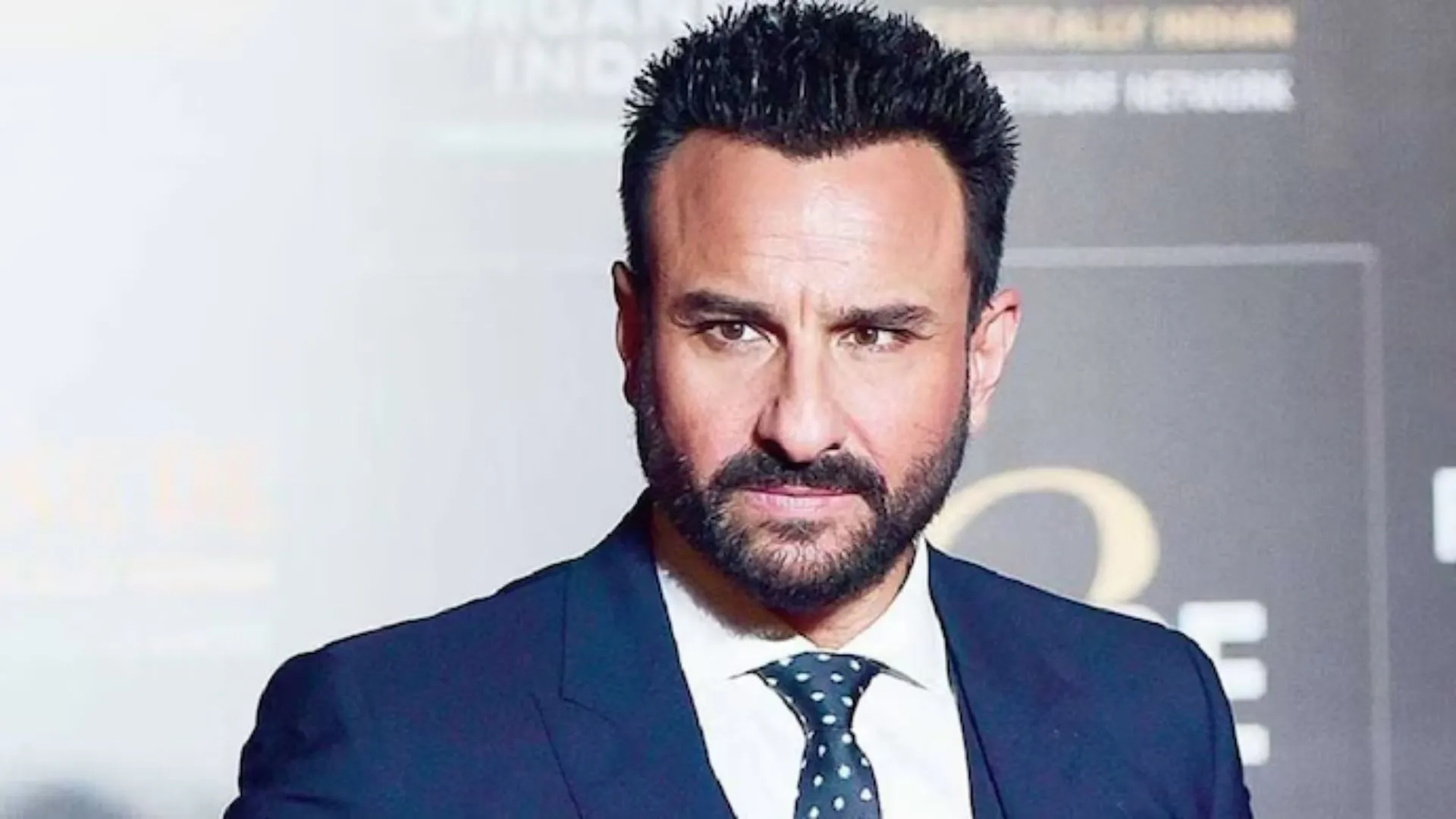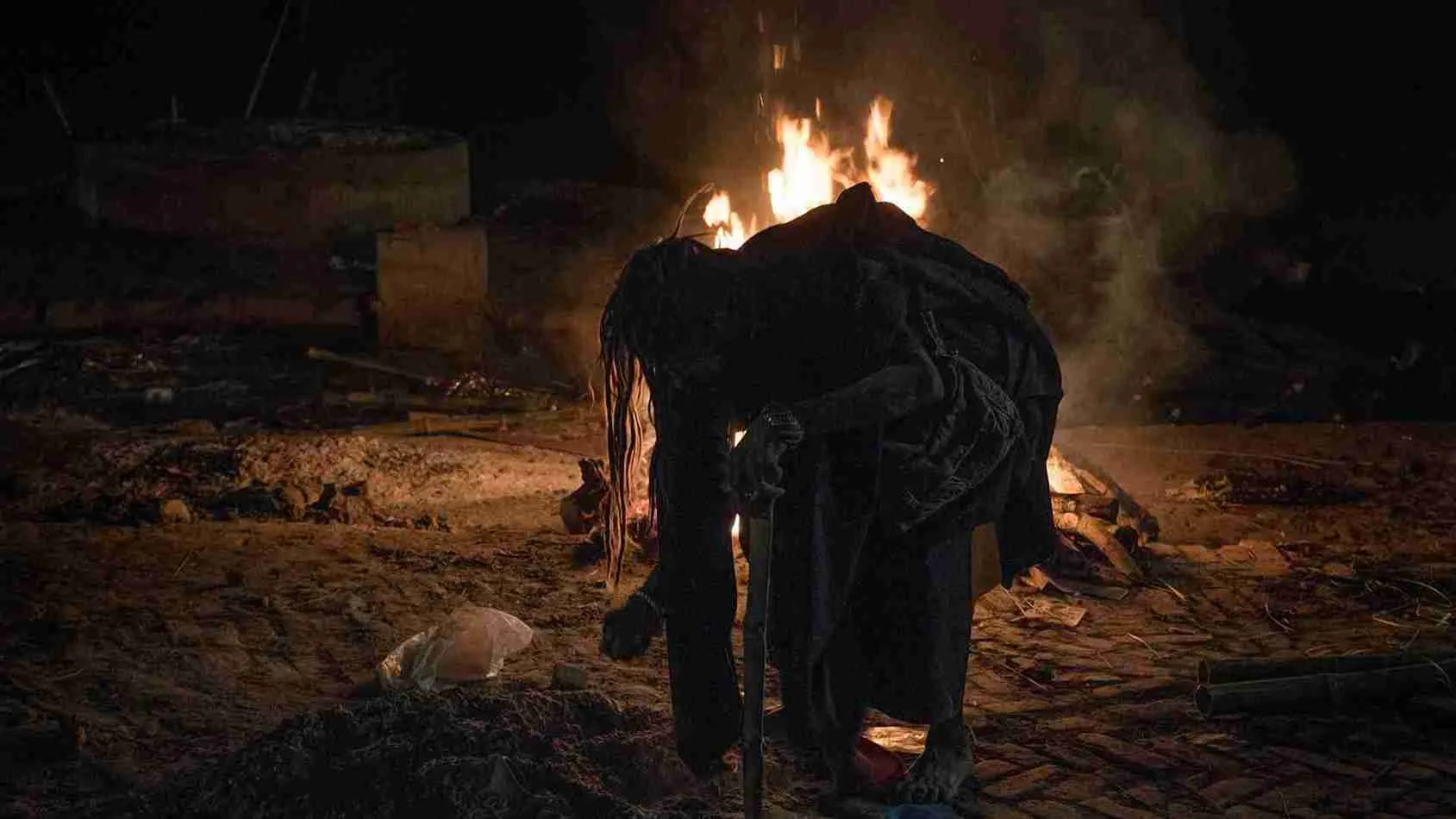To become a skilled and efficient doctor, one must be exposed to many learning opportunities. By encountering firsthand experiences, students can be equipped with the skills and values needed to succeed in this challenging endeavor.
Medical students face a challenging journey as they work to become skilled healthcare providers. In addition to mastering a rigorous academic curriculum, they must gain practical experience in a medical setting to prepare for their careers. The workplace experience they gain is essential for building their confidence, developing critical skills, and making a smooth transition from the academic to the practical side of medicine.
The following post outlines six effective ways medical students can gain valuable work experience and set themselves up for career success.
- Medical Mission Trips
Medical mission trips are a unique opportunity for medical students to gain hands-on experience and serve underserved communities needing healthcare services. During the trip, students work with healthcare professionals to provide primary medical care, educate communities about health and wellness, and participate in community outreach efforts.
Medical mission trips allow students to gain practical experience in a real-world setting, working with patients in resource-limited environments. This type of experience can be precious for students interested in pursuing a career in global health, as it provides them with a deeper understanding of the challenges faced by underserved communities and the impact that healthcare services can have on these populations.
If you want to know if medical mission trips are worth it, check out this site: https://Medicalaid.org.
- Shadowing
Shadowing is a valuable way to gain insight into the day-to-day work of healthcare professionals. By observing healthcare professionals in a clinical setting, students can see firsthand how they interact with patients, diagnose and treat illnesses, and make care decisions. Shadowing can also allow students to ask questions and gain a deeper understanding of the various specialties within the healthcare field.
This type of experience can benefit students considering a specific specialty or determining which areas of medicine interest them the most. Shadowing can also help students develop essential skills such as communication, empathy, and observation, making it a valuable component of a medical student’s workplace experience.
- Work as a Hospice Volunteer
Working as a hospice volunteer is a great way for medical students to gain experience in palliative care and end-of-life support. Hospice volunteers provide support and comfort to patients and their families during difficult times. They can work closely with patients to understand their needs and help them manage symptoms.
As hospice volunteers, medical students can develop critical interpersonal skills, such as empathy, compassion, and communication, which are essential for providing care to patients in a palliative setting. This exposure can help students gain a deeper understanding of the emotional and spiritual needs of patients and their families and provide them with the opportunity to develop crucial listening and counseling skills.
Hospice volunteering also allows medical students to work with an interdisciplinary team of healthcare professionals, including nurses, social workers, chaplains, and physicians. This exposure can help students gain a deeper understanding of the various components involved in providing care to patients in a palliative setting and can help them develop essential teamwork and collaboration skills.
- Clinical Rotations
Clinical rotations are a critical component of medical school training, providing students with hands-on experience in a real-world setting. During clinical rotations, students work with physicians and other healthcare professionals in a clinical environment, performing procedures, diagnosing illnesses, and providing patient care. This experience is essential for medical students to gain practical knowledge and develop clinical skills.
Clinical rotations also allow students to observe and learn from experienced healthcare professionals, making them see firsthand how they diagnose and treat illnesses, make decisions about patient care, and work with patients and their families. This exposure can help students gain a deeper understanding of the healthcare field and its various specialties.
- Participate in Medical Research
Participating in medical research is a practical way for medical students to gain experience and contribute to the advancement of healthcare. Research allows students to learn about a specific topic in-depth and apply what they have learned in a practical setting.
This experience can also help students develop essential skills such as critical thinking, data analysis, and problem-solving, making it a valuable component of a medical student’s workplace experience. Research can lead to discoveries, treatments, and advances in the quality of patient care, making it a fulfilling and meaningful experience for students.
- Volunteer as an EMT
Volunteering as an Emergency Medical Technician (EMT) is an excellent way for medical students to gain experience in emergency medicine. As EMTs, students can work in a fast-paced and high-stress environment where they must quickly assess and treat patients in emergencies. This experience can help medical students develop critical clinical skills, such as patient assessment, airway management, and cardiopulmonary resuscitation (CPR).
Volunteering as an EMT also allows students to work with patients and families in various settings, from pre-hospital to in-hospital care. This exposure can help students develop critical interpersonal.
Final Thoughts
The workplace experience gained by medical students is vital to their development as healthcare providers. By taking advantage of these opportunities, medical students can develop the confidence, knowledge, and skills necessary to provide high-quality patient care. They can also gain a deeper understanding of the healthcare field and its various specialties. The workplace experience they gain will serve them well throughout their careers and help them positively impact their patients’ lives.























